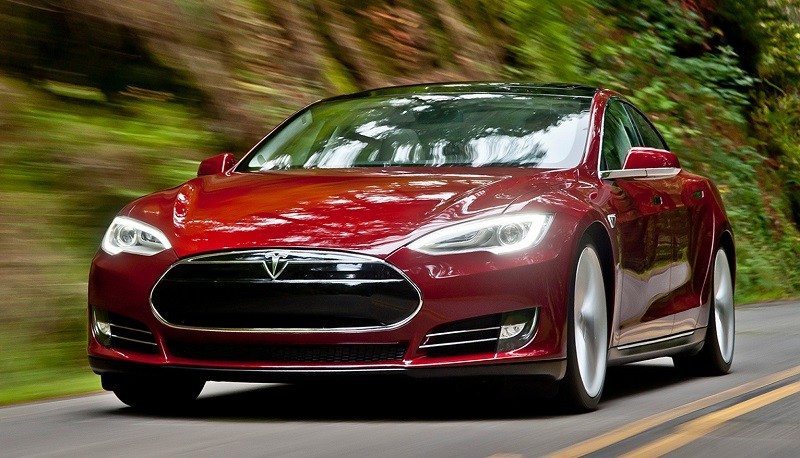Stationary Electric Vehicle Batteries May Be Getting Much Cheaper Than Anticipated
Gabriel Roşu / 9 years ago

Have you heard the big headline in the electric car market? No? Well, some of you might have heard that Tesla is now selling its own stationery storage batteries. But you might ask, how is it a big thing? Those types of batteries were around for years, but they have never been cost-effective. The thing is, they are becoming more cost-effective than ever before, according to another study.
It is said that the price for installing one of these batteries in a home would have cost more than $23,000 last year. In May, Tesla announced that the price of such a Li-ion battery would start at $3,500, with an installation price of just $500. Ok, so it’s cheaper than ever before to install a battery in your home, but how is that cost-effective when charging it? Well, times are changing and businesses are making a lot of progress too. Tesla announced that it is currently building a “gigafactory” near Reno, Nevada, having Panasonic making its Li-ion batteries.
The above example is just what we would expect in the near future. However, two researchers from Stockholm stated that the cost of battery packs has fallen drastically. From $1,000 per kWh in 2007, it plunged down to $300 per kWh. Due to this price drop, Tesla and similar electric car manufacturers are now refurbishing old electric vehicle batteries to sell for stationary storage. Also, Tesla said that it also takes feedback very seriously and is now looking into increasing the discharge rate of batteries during continuous use, from 2.2 kilowatts to 5 kilowatts.
This does not mean we will see electric cars being a solution and everyone dropping gas cars overnight. Researchers state that the cost of battery packs needs to fall below 150 per kWh before significant shifts towards electric vehicles take place. However, they estimate that a cost level of 200 – 250 kWh might hit before 2020, so we are just a few years away from potentially switching to electric vehicles.
Thank you Arstechnica for providing us with this information



















